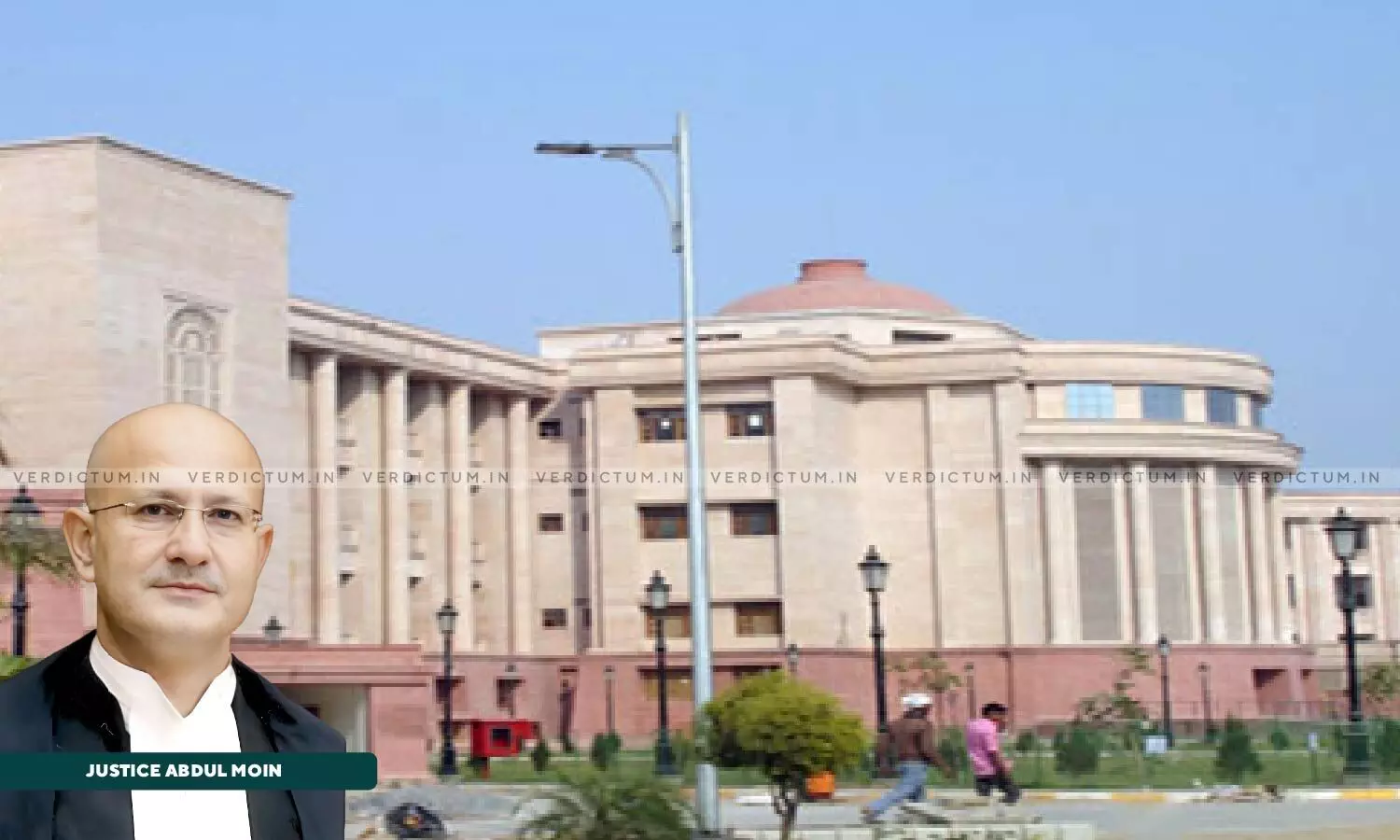
Employees Of Autonomous Bodies That Have Adopted Government Service Rules Cannot Be Treated At Par With Government Employees : Allahabad HC
 |
|The Allahabad High Court held that employees of autonomous bodies, even if such bodies follow government service rules, are not entitled to the same benefits as government employees.
An assistant teacher challenged the cancellation of her inter-district transfer. She contended that she had 10 weightage points for having a spouse in government service and therefore was eligible for the said transfer.
The Court noted that per the scope of Articles 309, 310, 311 and 320 of the Constitution, the "persons serving under the Government of India or the Government of State" refers to individuals under the direct administrative control of the respective government, not just those following its rules.
The Petitioner's husband, despite working for Lucknow University, lacks the key characteristics of a government servant, the Court added.
The Bench of Justice Abdul Moin observed, “merely because the autonomous bodies have 'adopted' the government service rules, the same would not confer any right of the employees of the autonomous bodies to claim the same benefits as are admissible to government employees inasmuch as they would not fall within the ambit of being government employees or in government service”.
Advocate Rajat Aren appeared for the Petitioner and Advocate Abhinav Singh appeared for the Respondent.
The Petitioner approached the High Court challenging the orders passed by the District Basic Education Officer, Unnao. The Petitioner was an assistant teacher, initially posted in the Bahraich district, who applied for an inter-district transfer to the Unnao district. While she joined her new post, a subsequent order cancelled her transfer, claiming it was not per the law. The teacher contended that her case falls under a specific clause in the government order governing inter-district transfers, which grants 10 weightage points for transfer if the spouse is in a government service as defined by the order.
The Court noted that the crux of the matter lies in the disputed weightage of 10 marks granted to the Petitioner for her husband's government service. The order challenged by the Petitioner seems to have disregarded this weightage, leading to the cancellation of her transfer. If this 10-mark advantage is indeed valid, it could alter the outcome and potentially reinstate her transfer to Unnao.
The Bench observed that the relevant government order grants 10 weightage points for inter-district transfers to teachers whose spouse works in the Central Government, Indian Army, Indian Air Force, Indian Navy, Central Para Military Forces, or the Uttar Pradesh Basic Shiksha Parishad. A subsequent clarification further clarified that employees whose services are regulated under the proviso of Article 309 of the Constitution also fall under the definition of "Government service" and are eligible for the weightage points.
The Court observed the scope of the phrase "persons serving under the Government of India or the Government of State" in the context of Articles 309, 310, 311 and 320 of the Constitution. The Bench observed that the phrase refers to individuals under the administrative control of the respective government, not merely those following their rules. In the case of the Petitioner's husband, his employment by the autonomous Lucknow University, lack of consultation with the State Public Service Commission, and absence of administrative control by the Governor all indicate he falls outside this definition. Therefore, despite applying the State Government's rules, the Petitioner's husband cannot be considered a government servant.
“From a perusal of Articles 309, 310, 311 & 320 of the Constitution of India it emerges that so far as the facts of the instant case are concerned the phrase "persons serving under the Government of India or the Government of State" appears to have reference to such persons in respect of whom the administrative control is vested in the respective executive Government functioning in the name of President or the Governor”, the Court observed.
The Bench reiterated that merely adopting government service rules doesn't automatically grant the same rights and benefits to employees of autonomous bodies as to government employees. The Court cited the case of the State of Maharashtra and Anr v Bhagwan and Ors [(2022) 4 SCC 193]. They do not fall under the category of "government employees" or "in government service" simply because their organization follows government rules, the Bench added.
Accordingly, the Court dismissed the Writ Petition.
Cause Title: Deepti Singh v State Of UP Represented By Its Addl. Chief Secy. Basic Shiksha Lko And 6 Others